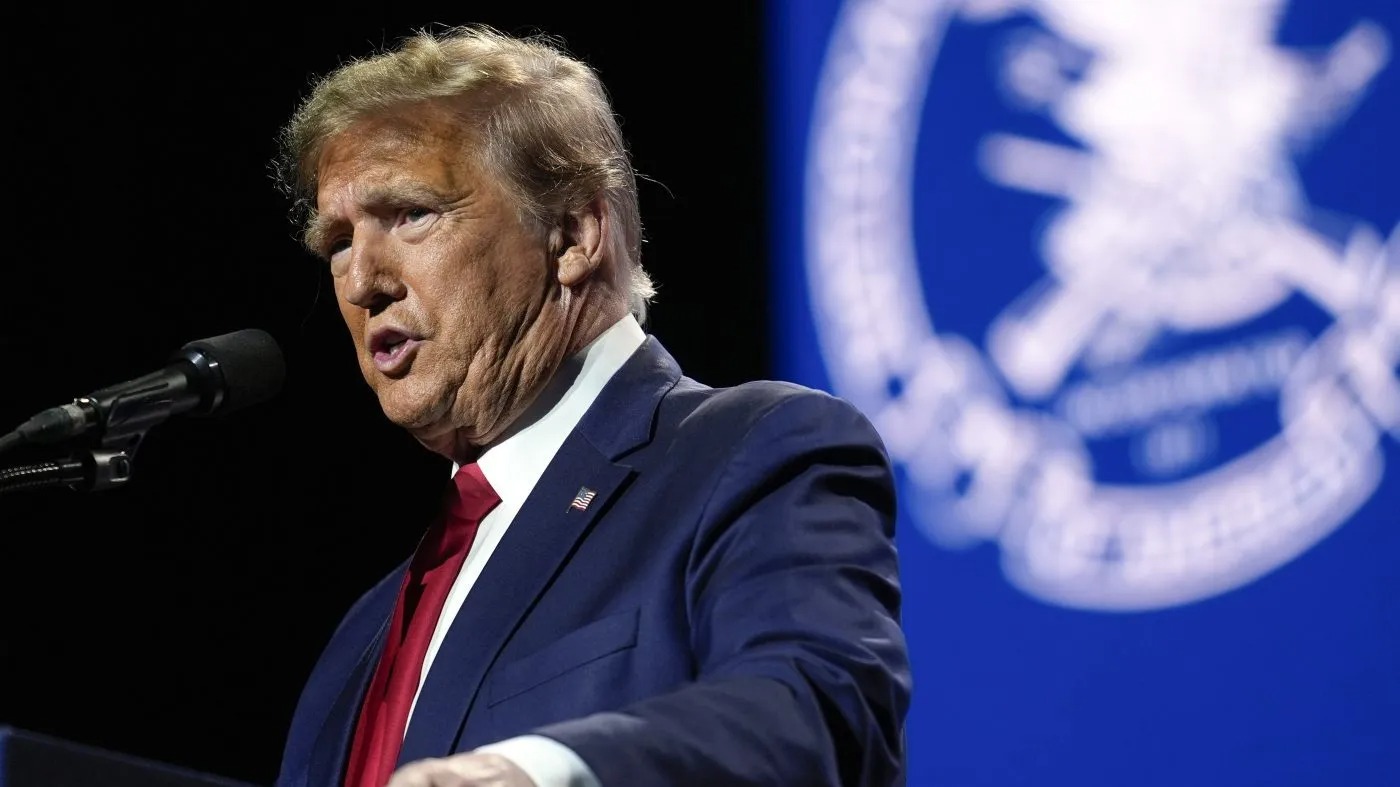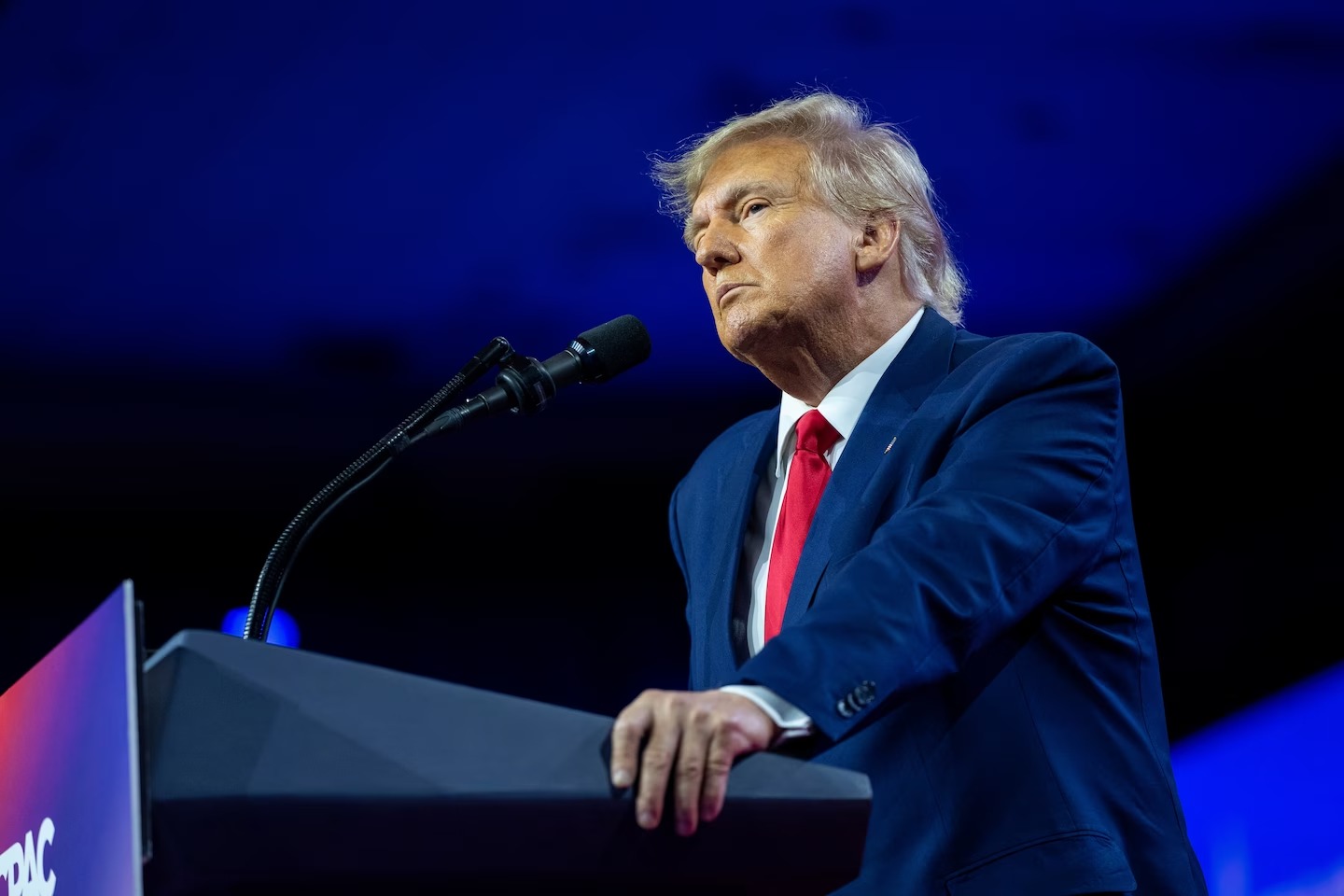Former President Donald J. Trump has reportedly expressed support for a 16-week national abortion ban, with exceptions for cases of rape, incest, or to save the life of the mother. This marks a shift from his previous avoidance of taking a clear position on abortion since the overturn of Roe v. Wade in mid-2022.
Trump has indicated in private discussions that he wants to wait until after the Republican presidential primary to publicly discuss his views on abortion, fearing alienating social conservatives before securing the nomination.
Trump’s approach to abortion has been transactional, and he sees a 16-week ban as appealing due to its round number. He has also been dismissive of Republicans who do not support the three exceptions, believing that such a stance will lead to continued losses in elections.

Trump (Credits: The Hill)
Trump appointed the three justices who enabled the overturn of Roe v. Wade, a fact that has been used in ads by Democrats. A 16-week ban would align with existing bans in 20 states but would restrict abortion rights in the remaining 30 states where it is legal beyond that point.
The question of exceptions limited to the life of the mother is also contentious, as seen in Texas where state courts have ruled against women qualifying for exceptions even in life-threatening conditions related to pregnancy.
Trump’s spokesperson did not address his private remarks but emphasized his support for appointing federal judges and Supreme Court justices who overturned Roe v. Wade.
Trump’s stance on abortion has evolved over time, as he announced his anti-abortion position in early 2011 before running for president in 2016.
Since then, he has delivered on anti-abortion policies and formed a strong connection with evangelical voters, making him less reliant on pandering to them.
Despite the potential political risks, Trump’s support for a 16-week ban reflects a focus among some Republicans on finding a position that is politically palatable to voters.
However, there are signs that embracing any sort of national ban is unpopular with independent voters, as seen in Virginia’s legislative elections where efforts around a “15-week limit” failed to rally voters.























